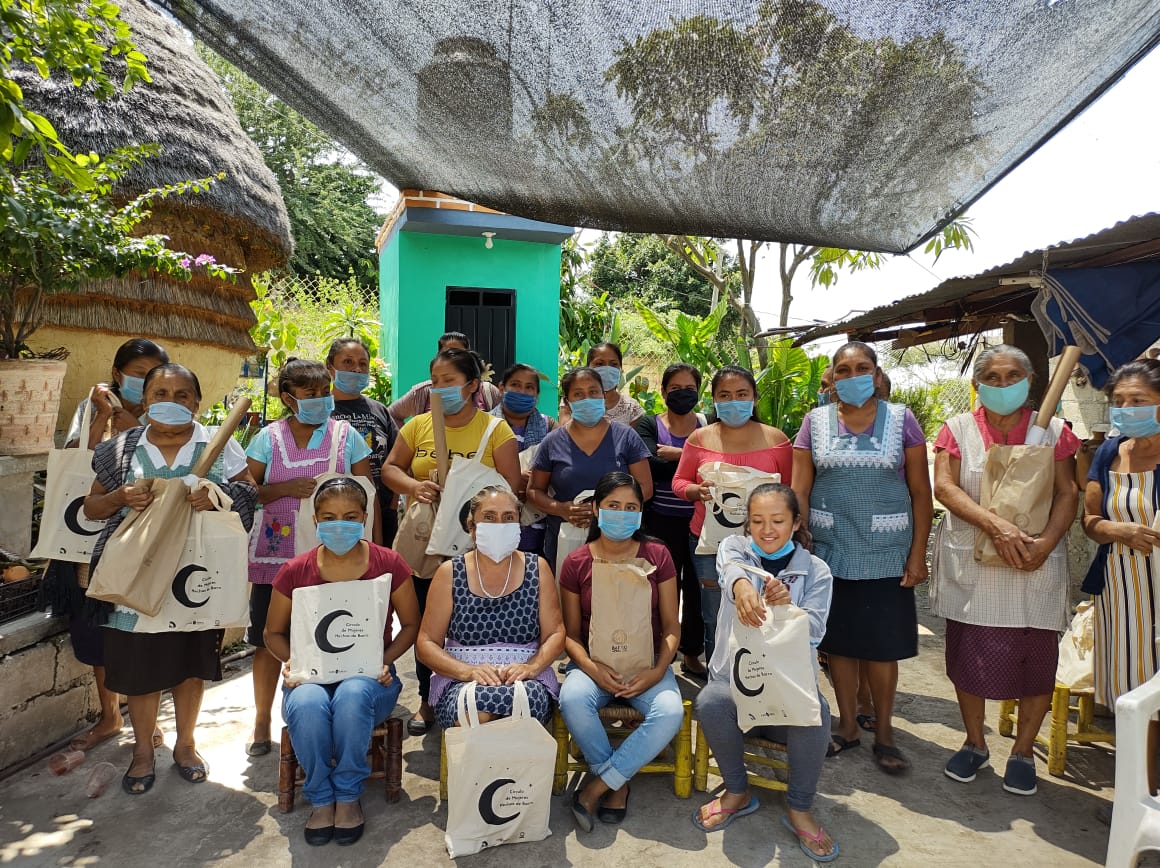
Why are women’s circles important?
Because as women, we spend our time caring for others. We take care of men, the elderly, children, but sometimes we forget to also take care of ourselves.
Women’s circles are important because historically, those of us who have the least latitude to enjoy, to go out, to create, and to relax are women; and because safe spaces, created between women, heal. They help us identify with each other, examine each other, share our concerns, pains and dreams, and decide together what we want for our future and how to make us stronger collectively.
So goes the opening of a recording we made for a group of artisanal women potters gathered around a smartphone, materials in hand, for the inaugural workshop of Pure Earth Mexico’s Circle of Women–Circulo de Mujeres, a project of the Barro Aprobado program supported by the Canada Fund and Clarios Foundation.
We were looking forward to expansive, in-person circles, but then came COVID, and with it, a revamp of our project and a beautiful new way to engage with our communities.
Our project was different from the start.
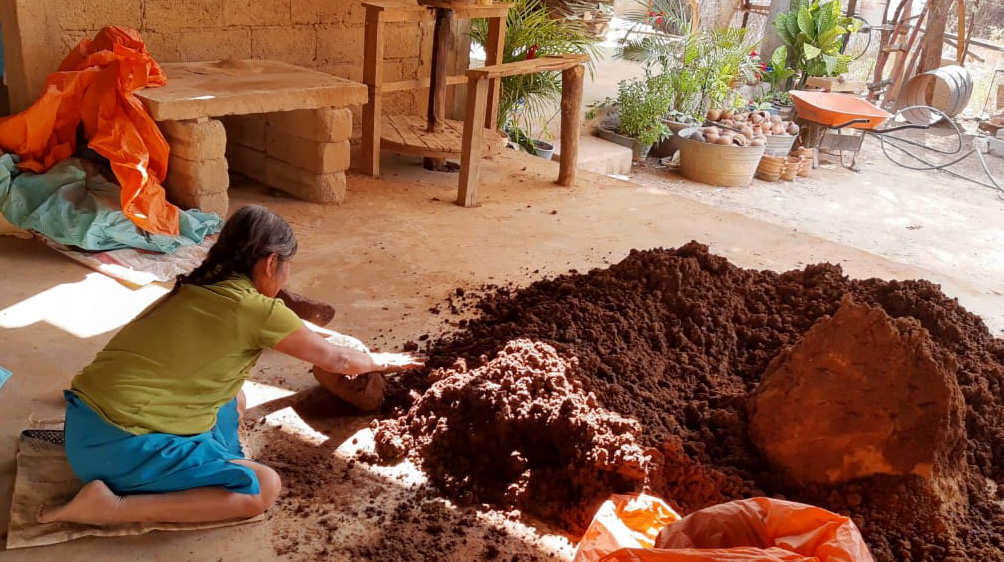
Potter workshops that teach lead-free glazing techniques are not unheard of in Mexico, where newly-published reports indicate that ~20% of the population has elevated levels of lead in their blood, largely linked to exposures from lead-glazed clay cooking and serving dishes.
Pure Earth workshops for potters usually focus on a concrete set of skills and data: the health effects of lead, how to reformulate glazes to be lead free, how to construct higher temperature kilns (required for the new glazes to bond), along with additional help with design, web marketing tools, and any other skills that may be needed.
Transitioning to lead-free pottery is not as straightforward as accepting new technical information. Potters trust their long-held customs and methods, and change that requires new materials and different processes is difficult.
Despite the fact that almost half of all potters in the country are women, traditional paradigms of work and wage-earning had brought mostly men to these workshops. Pure Earth Mexico decided to change that. It is, after all, the women who are the caretakers of their families and communities. Enter the Circulo de Mujeres.
We co-designed, with input from the community, a series of workshops exclusively for women potters.
The modules include all of the same skill-driven teachings, but with a twist. Each session incorporates an element of acknowledgement and exploration of each woman’s self, her identity as potter, artisan, holder-of-legacy-and-tradition, healer, change-maker.
In many of our communities, it is rare for women to be given a space to themselves, and we understood that the journey to change was more than simply learning new methods. Women empowering themselves and each other to shift community and relational dynamics, explore their goals for personal, artistic and business growth, while safeguarding their health and the health of future generations, all have a role in creating lasting transformation.
We were all set to start, but as the days became weeks that slipped into months, COVID prevented us from going to the field. What to do?
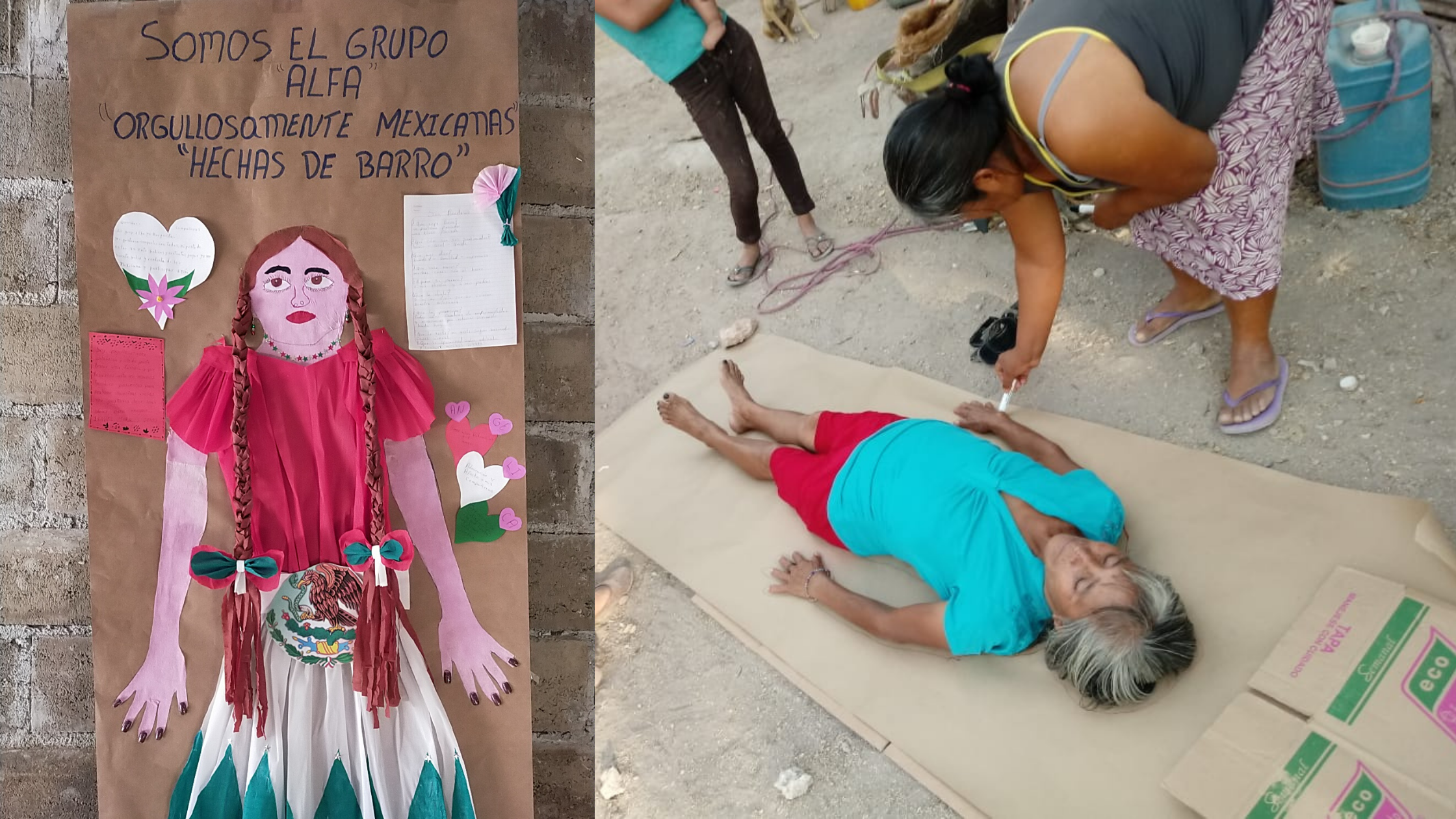
The logical conclusion was to consider online platforms, even if it meant overcoming a massive technological divide; most of the artisans did not have smartphones or computers with internet connection.
The team had to get creative. All modules were re-written for delivery in small audio files that could be easily transmitted via WhatsApp. Our team would make a visit to the field and drop off a packet of materials, which included smart phones and workbooks, and after a brief in-person introductory talk, the women would be left mostly alone to convene and lead their own sessions.
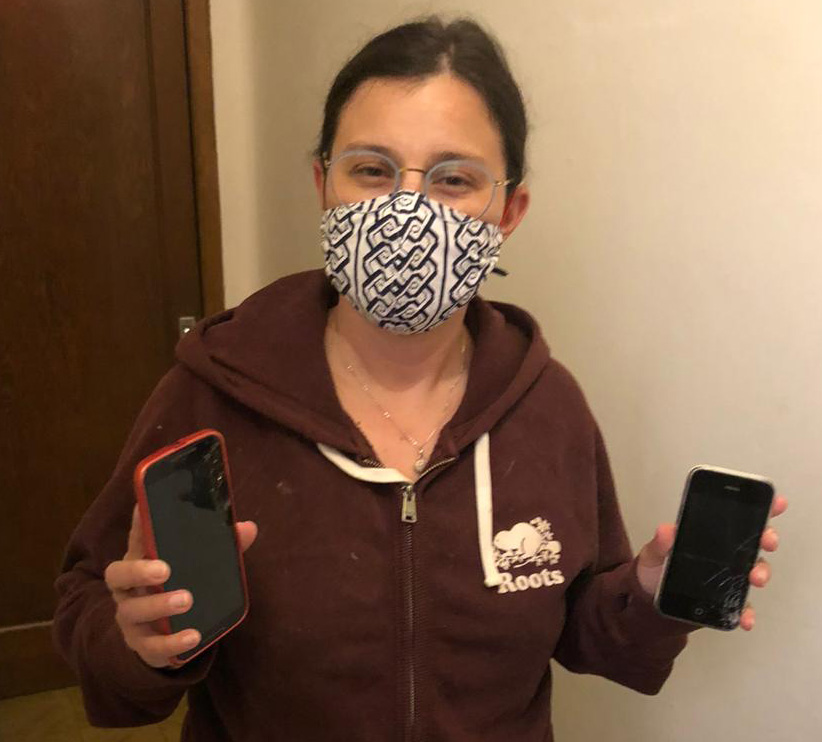
Smart Phones were collected through the #TruequeBarroAprobado campaign, which we launched over our social media channels to invite people to swap their previously used cell phones for pieces of lead-free pottery.
Thanks to the enthusiasm of the participants, we were able to collect more than a dozen smartphones that were delivered to each group of women potters.
The distance learning format exceeded all of our expectations. Not only were the women engaged, regularly sending us pride-filled pictures, videos, and sound clips of their work (including from some clay whistles they made as part of a lesson on creating and appreciating sound), but they are bringing younger generations to join them in the circles, often to help their mothers and grandmothers, who cannot read and write, take notes.
Pottery is an ancient craft, and the multigenerational attendance is a welcome addition to help keep the tradition alive.
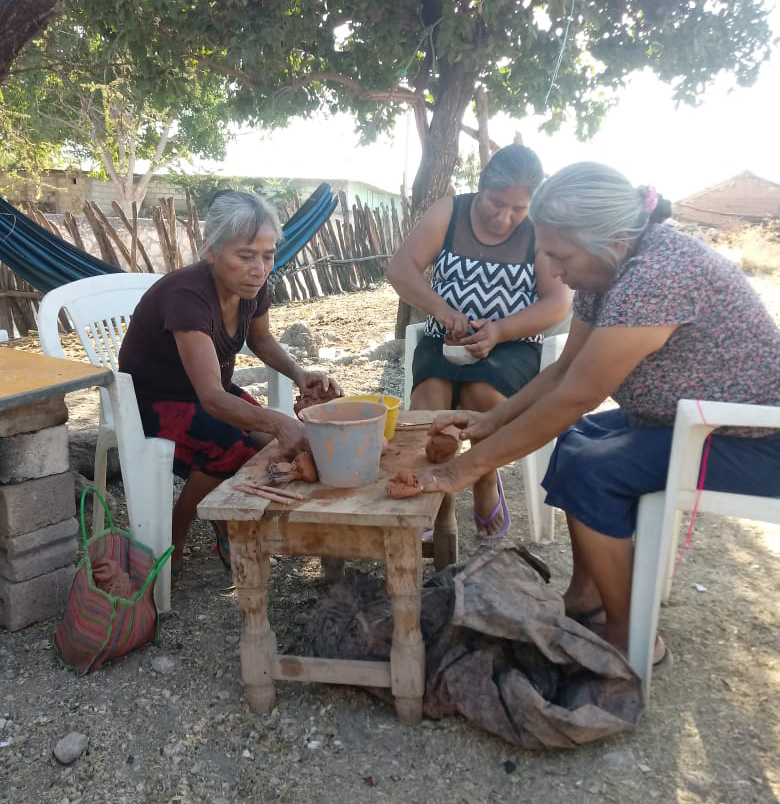
Apart from some field visits (it’s hard to teach oven construction over the phone), the women have been in charge of their own sessions. They decide where and when to meet. They ask each other, and answer to each other, the hard questions about their lives and livelihoods. And in turn, we all grow together as they share with us the journeys they want to share.
This year we thought we were being forced to take a step back, but what we learned was that removing ourselves actually brought us closer to the community. It was a good reminder that effective community engagement works “with” communities and not just “in” communities. This is what true partnership means.
Pure Earth Mexico may have planted the seed, but the cultivation and harvest is in the hands of the potters. The women facilitating their own groups in many ways tightened the most important circle of all, the circle of belonging.
This report is from Elena Rahona, Program Officer, Pure Earth Mexico.
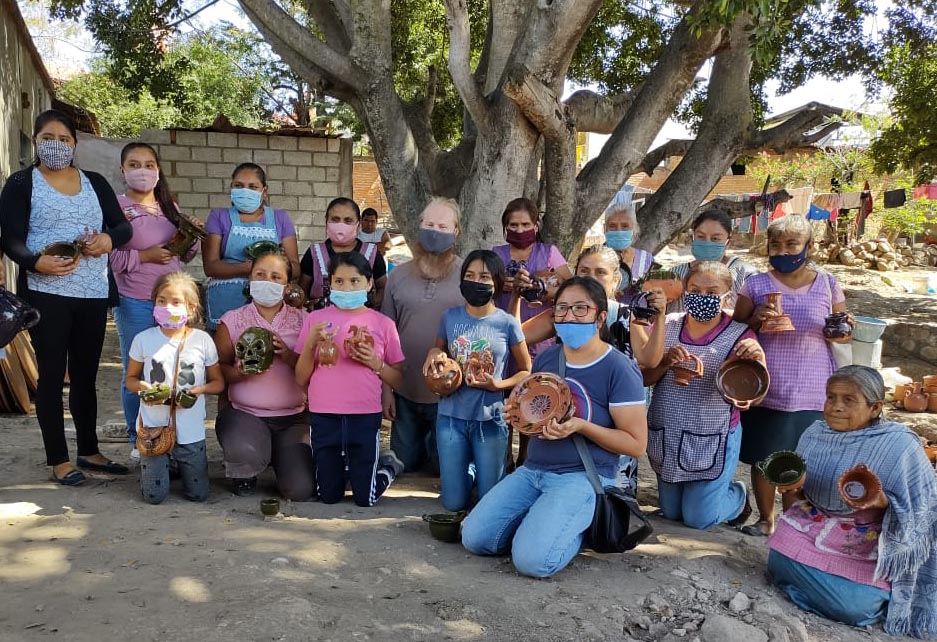
Support for this program was provided by:





